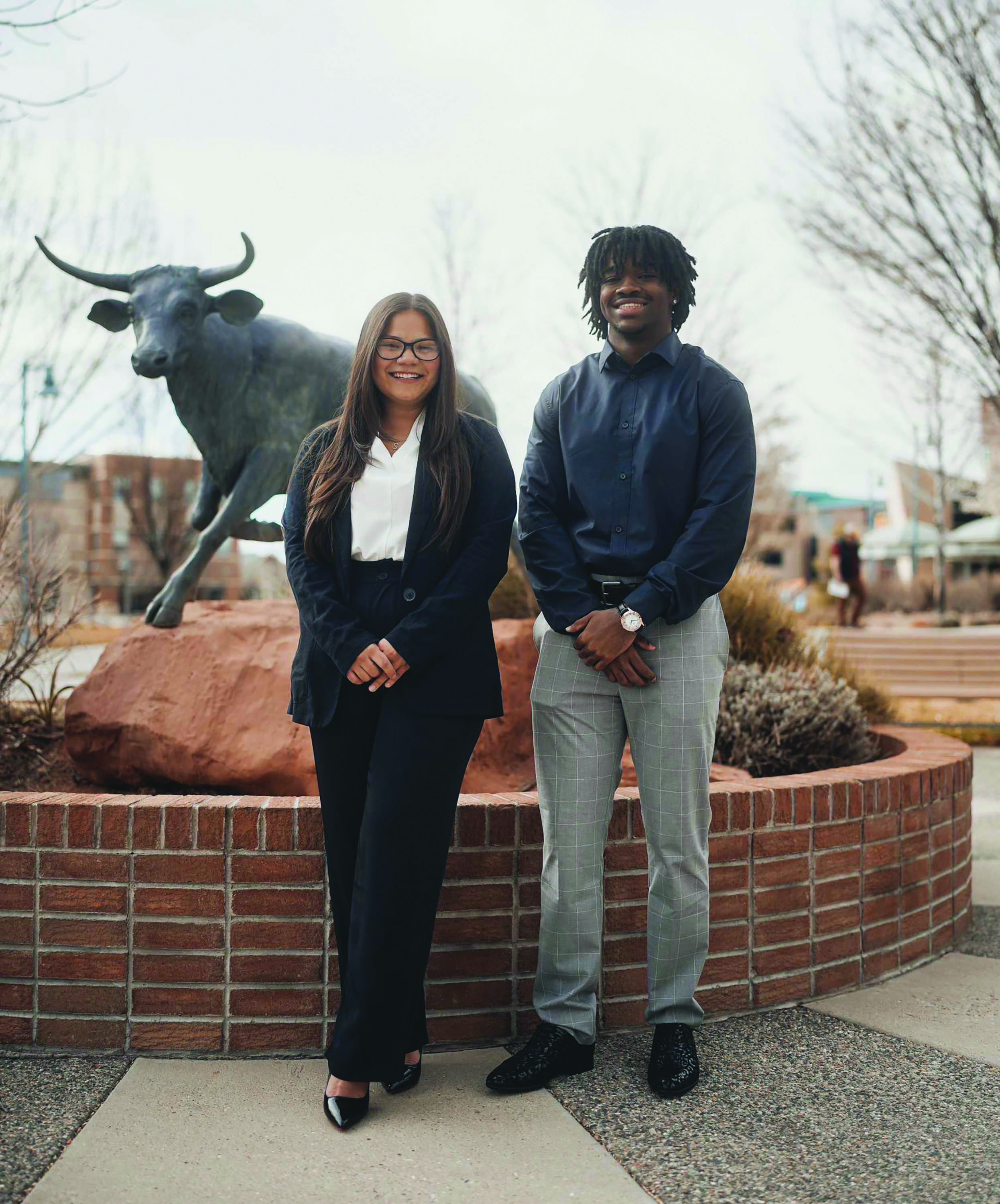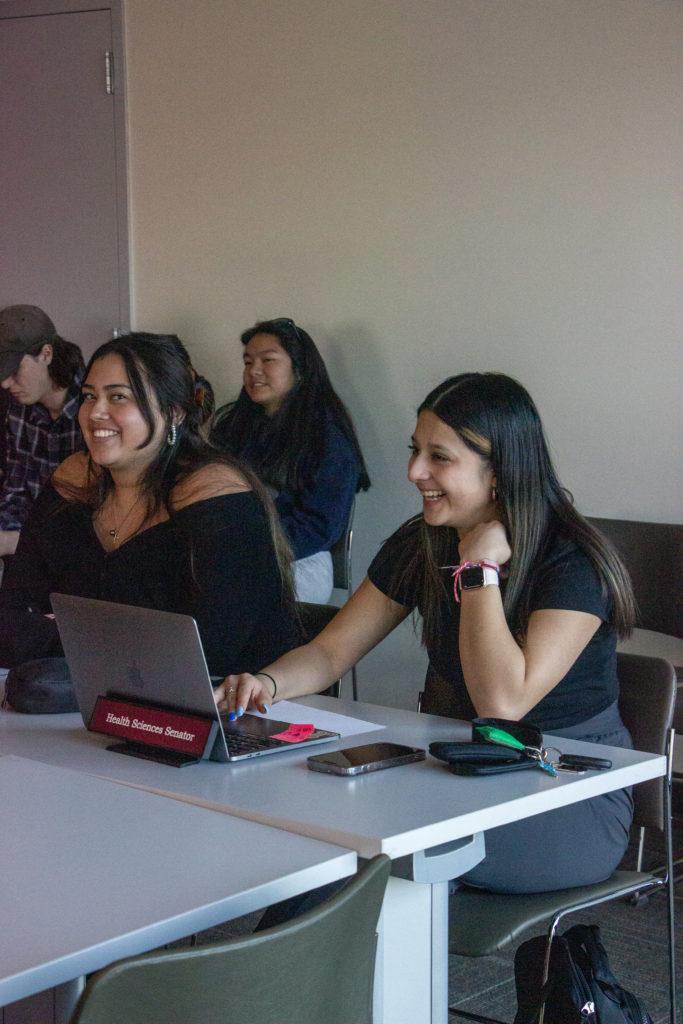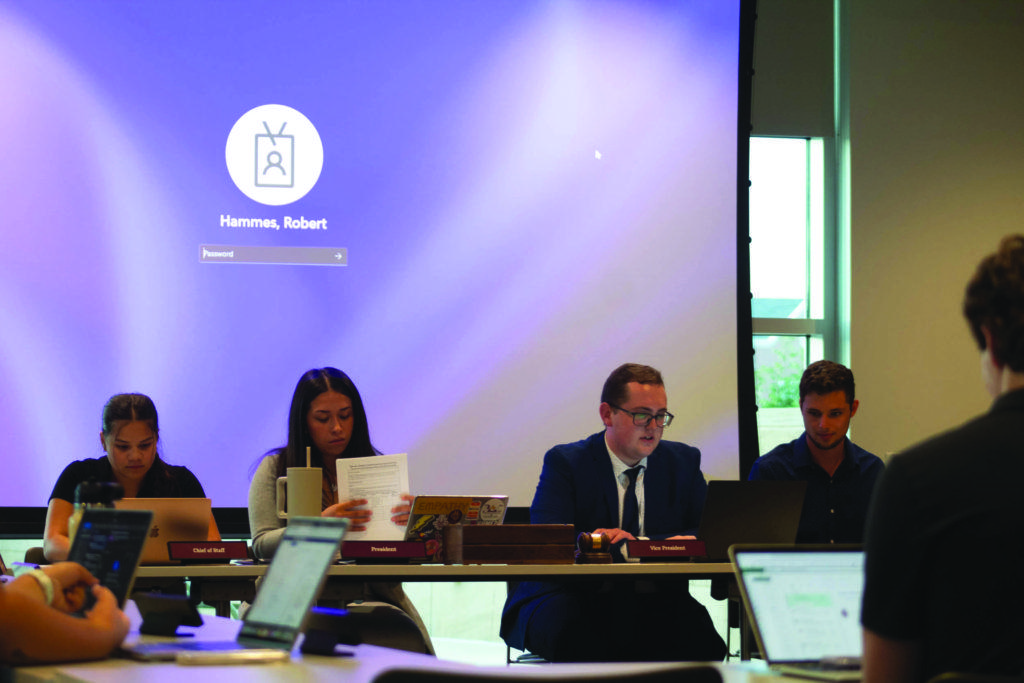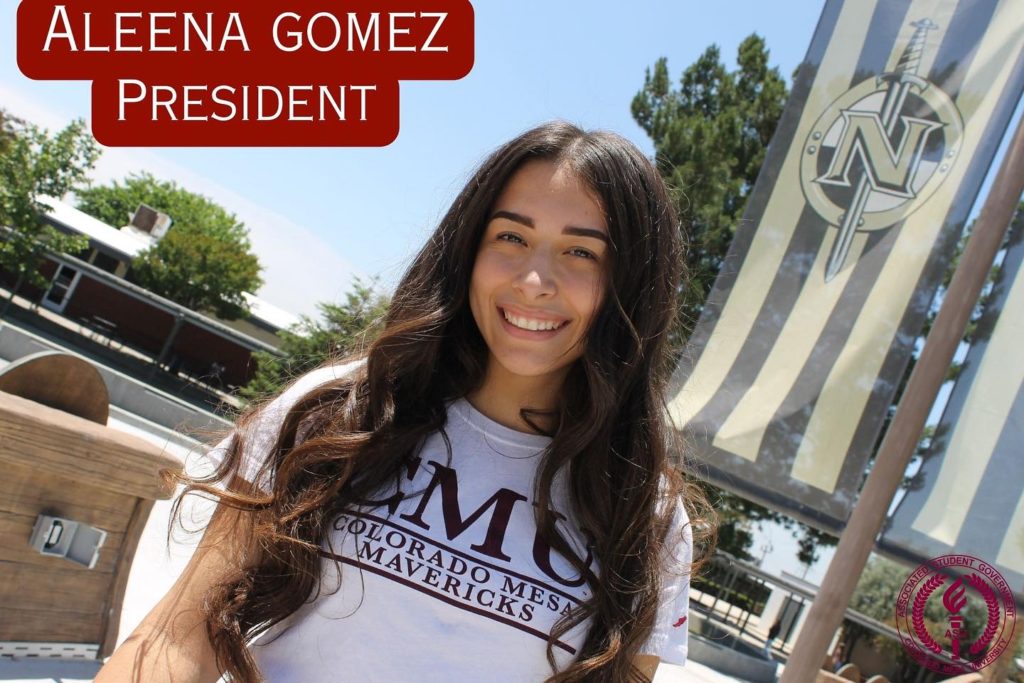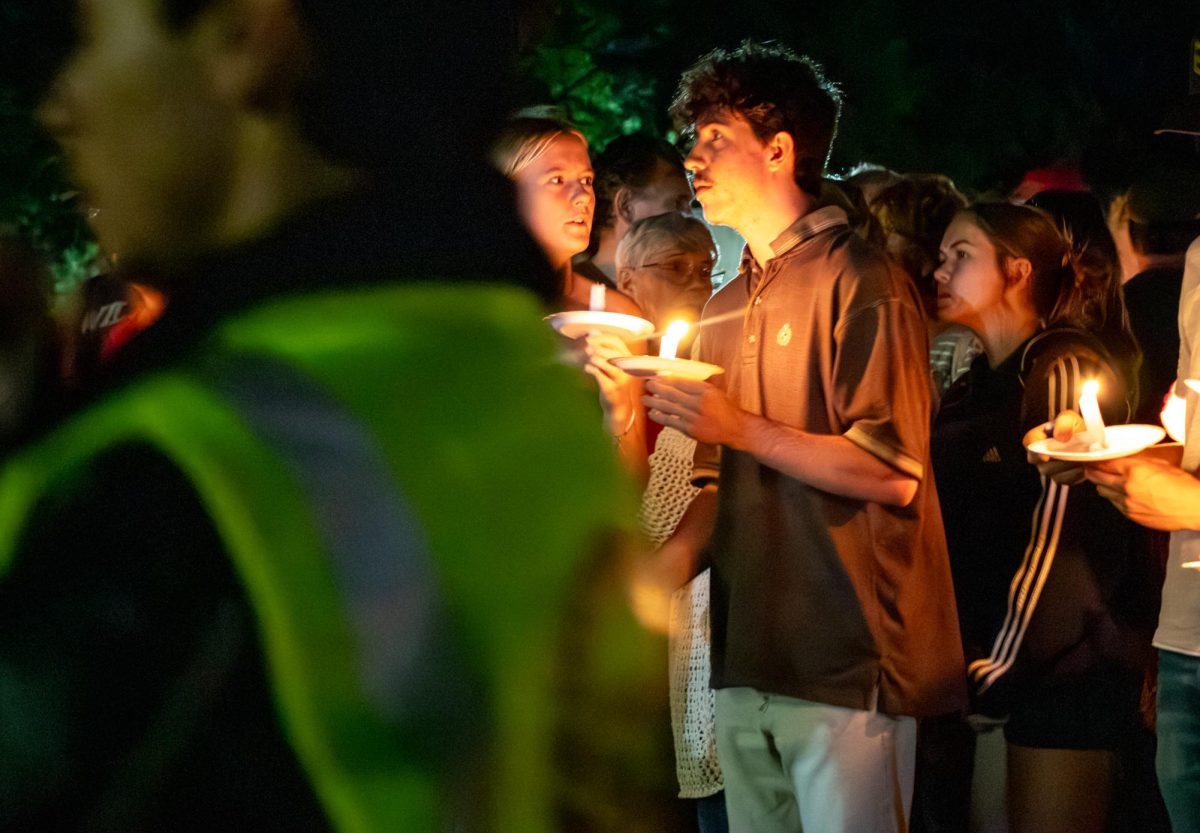After the appointment of Dillon Paningsoro to fill the seat of minority senator, the Associated Student Government was once again whole with 26 senators. Of those 26, 13 seats have been filled by appointment and 11 of the 13 elected senators ran unopposed campaigns in the last election.
“It’s half and half right now. Thirteen won election last spring,” ASG President Ben Linzey said. “Thirteen have been appointed throughout the year.”
Appointed senators do not have to win the vote of the students they represent to fill a seat on the Senate. Neither do senators that run unopposed elections because the seats are automatically won regardless of voter turnout. Aside from Linzey and Vice President Gabby Gile, only two members of ASG had to win their seats.
“There were only two opposed seats last year,” Linzey said. “And we actually had two seats that weren’t filled.”
One of those seats was the freshman senator seat, which typically isn’t filled until the fall semester. The other seat just didn’t have anybody to fill it.
Nobody running for a seat leads to the necessity of appointing a student to fill the position. Senators vacating their seats is another reason for half the seats to be filled by appointment rather than election.
Of the appointees, many are resident assistants. Eight ASG senators are RA’s, Gile is an RA and Linzey is a former RA.
“I think that’s just because we’re all from that area. I think that’s where a lot of our influence is,” Linzey said. “I really see it as a strength because they are on campus so they can really get the heartbeat of campus.”
“I think it just comes down to who has approached us about it,” Gile said.
With election season approaching, Linzey and Gile are hoping to see a change in student involvement. They feel the most recent seat to be filled serves as a good sign. Paningsoro was one of four candidates they had to choose from to fill the Senate seat vacated by Shelby Cerise.
“There’s definitely been more interest in being involved in the body than there has been in the past,” Gile said. “There’ve been points in time where we couldn’t even get one person in to come talk to us [to fill a seat].”



